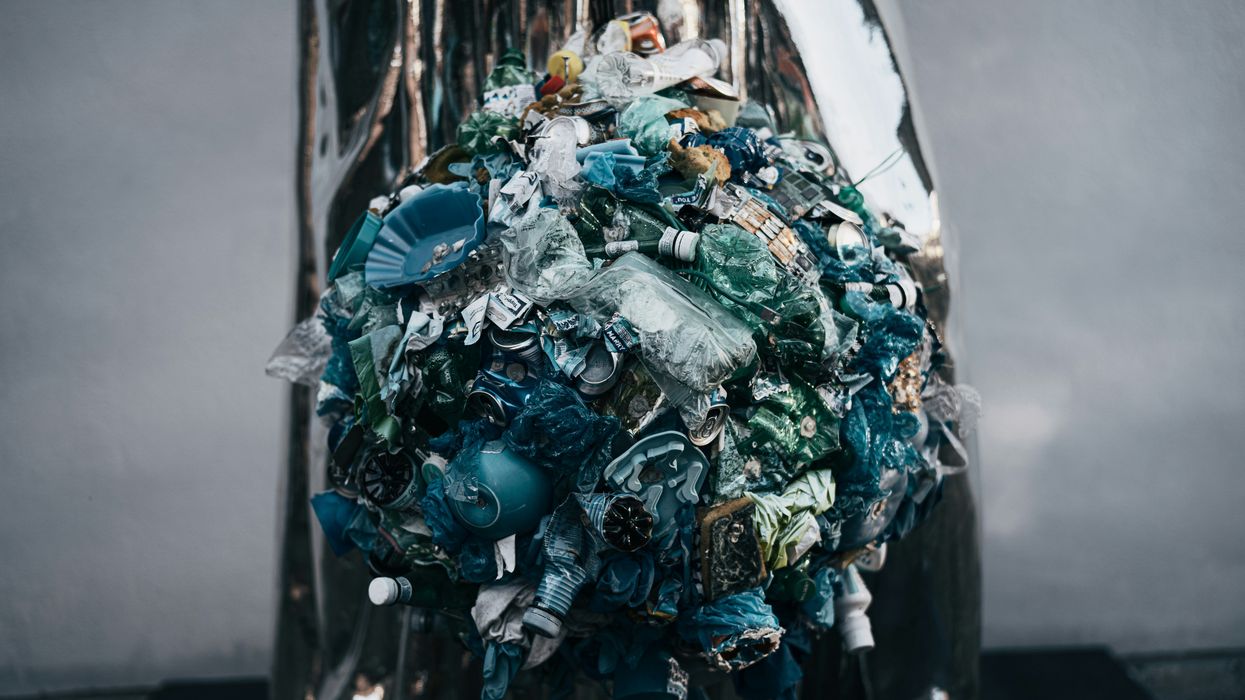At a recent United Nations conference in Canada, intended to forge a treaty on plastic pollution, industry insiders prominently influenced proceedings despite the event's "plastic-free" claim.
Lisa Song reports for ProPublica.
In short:
- Industry representatives, some posing as government delegates, gained access to critical negotiation sessions, overshadowing the conference's environmental goals.
- The event highlighted significant disparities in access and influence, with some countries bringing industry members into their official delegations.
- Despite the intended focus on reducing plastic production, industry lobbying and presence at the conference significantly swayed discussions and outcomes.
Key quote:
“The human right to science includes the right to transparency."
— Bethanie Carney Almroth, ecotoxicologist from Sweden’s University of Gothenburg
Why this matters:
The irony of a "plastic-free" conference being influenced by those who have vested interests in the plastic industry underscores a recurring challenge in environmental policymaking: the tug-of-war between economic benefits and environmental protection. Critics argue that allowing industry representatives to have a substantial say could sway the outcomes in favor of less stringent regulations, which might prioritize economic considerations over the urgent need to reduce plastic usage and waste.
“Plastic will overwhelm us:” Scientists say health should be the core of global plastic treaty.

















